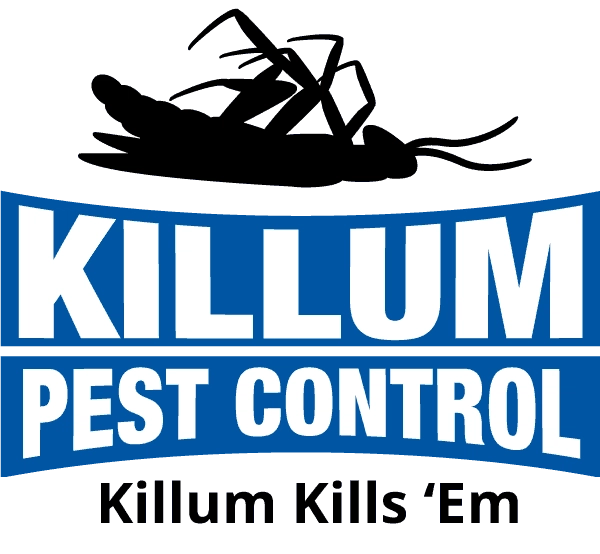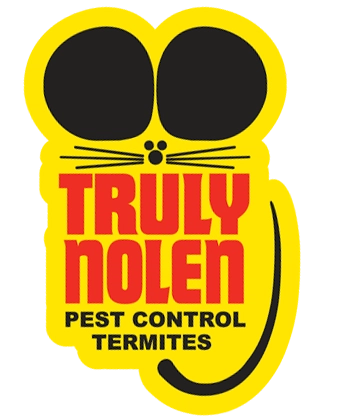How To Choose a Pest Control Company
When choosing a pest control company, you want to make sure that you find the right one to meet your needs. You might take into consideration a company's qualifications and treatment methods as well as its years of experience and customer reviews. And of course, there's the cost of services to consider.
Below, we explore the details of each of these factors.
Does the company have a valid license and permits to perform pest control?
The United States Environmental Protection Agency (EPA) maintains minimum competency standards for pesticide applicators, but licensure is taken care of at the state level. All pesticide applicators and supervisors in Texas must be licensed through the proper state regulatory agencies.
Is the company a member of any professional organizations?
Pest control companies also have the option to obtain additional certifications such as the GreenPro Service Certification. This certification is given once a company has proven its methods to be more environmentally friendly and demonstrated that it also holds itself up to certain other standards, such as up-to-date training for employees. A company can also earn other certifications from QualityPro or similar trade organizations to further support its methods and practices.
There are several professional organizations in which pest control companies can hold membership. Becoming a member of an organization such as the National Pest Management Association (NPMA) or a state-level organization grants a pest control company access to education and resources, in addition to a professional network to compare best practices with. Membership in one of these organizations is not required, but it can help indicate that a company follows industry best practices.
Professional Experience and Specialties
For the most part, a company displays information like years of experience and specialities on its website. Online reviews can also tell you whether a company has experience dealing with a particular pest in your area. If you can't get the information you need online, you can speak with a company representative directly to get the answers to your questions.
Reviews and Recommendations
Resources that can be used to verify a company's legitimacy include the Better Business Bureau (BBB), local review sites, and social media. You can also verify the status of a company's license through the Texas licensing board.
Cost of Services and Guarantees
Cost is often a deciding factor when choosing a pest control company. Cost may be determined by the size of your house, the type of pest being treated, your location, and other factors.
Certain pest control companies offer a free on-site estimate to help you figure out if it fits into your budget. You can also check to see if it offers a guarantee of satisfaction.
Safety and Treatment Methods
When it comes to choosing a pest control provider, you want to choose one that will help keep you, your family, and your pets safe. You'll likely also prefer an environmentally-conscious provider.
Safety
Be sure to ask your pest control provider if they are going to use low toxicity or non-toxic pesticides, and if not, ask what precautionary measures will be in place. Any pesticide that presents above a minimum risk must be registered with the EPA. Your pest technician should be able to provide information about all of the pesticides used, and how safe they are around people and pets.
Treatment Methods
You can ask if your technician will begin with more natural and lower-toxicity options before using harsher chemicals.
Many companies now use Integrated Pest Management (IPM) to eliminate pests while reducing personal and environmental risks. The steps of IPM are as follows:
- Identify the source of the pest problem and determine whether immediate action is required.
- Determine the best and safest course of action.
- Use a combination of biological, cultural, physical, and mechanical controls to manage the pest problem.
- Use chemical controls only when required, and always in combination with other solutions for effective long-term pest management.
- Assess the outcome and implement additional pest control as needed.
















